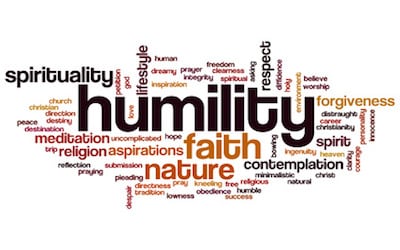Joel 2:23-32. God promises restoration from the judgement (what the locusts have eaten) and the outpouring of God’s Spirit on all of God’s sons and daughters.
Psalm 65. Praise for the God who answers prayer, who forgives sin, who formed the earth and who sends rain to bring an abundant harvest.
2 Timothy 4:6-8,16-18. Paul reflects on his faithfulness as he nears the end of his life and looks forward to the reward he will receive, assured that God, who rescued him in the past, even when others deserted him, will bring him safely into God’s kingdom.
Luke 18:15-30. Lack of pretension, openness, humility — these are the qualities of children that Jesus seems to be holding up as necessary for entrance to the Kingdom.
Rev Tania writes:
The lectionary this week seems to turn back to pretty mainline theological territory – the need for forgiveness, and the necessity for repentance in order to know and receive God’s grace.
Somehow it’s not easy to admit our brokenness or its impact on others. It takes humility to acknowledge how we need to change to bring life and healing to our world and relationships.
So, if justice is to become a reality in our world, and if people are to see the grace and compassion of Christ in us, it will take a commitment to being broken in order that true humility may be an unmistakable mark on our lives.
Luke’s Gospel today shows us the characteristic of children that Jesus is pointing to as an essential characteristic of disciples. Several possibilities have been mentioned:
Innocence., Openness, trust, and receptivity. Surely the children come running to Jesus with complete openness and trust, and this is an essential characteristic of disciples.
Humility. In the context, (1) the publican coming humbly before God, and (2) the disciples’ consideration of children as unimportant, seem in the foreground. To Jesus, the children’s humble station itself is symbolic of the humility required to approach God.
Paul, who may at first glance look rather like the Pharisee in his confidence and positive assessment of his life, nevertheless recognises that his life is God’s; it is God who has worked – and will continue to work – in him, and he graciously forgives those who abandoned him.
And the promise, seen in the Psalms and the Joel reading, is that the God’s grace is available to all who come to God in brokenness asking for help. While this may seem to have little to do with justice, as we shall see, it actually lies at the very root of it.
May our worship this week be a mirror to our own brokenness and a portal to lives of humble service and compassion.
Blessings as we seek to know Christ and make Him known!
Rev. Tania.

